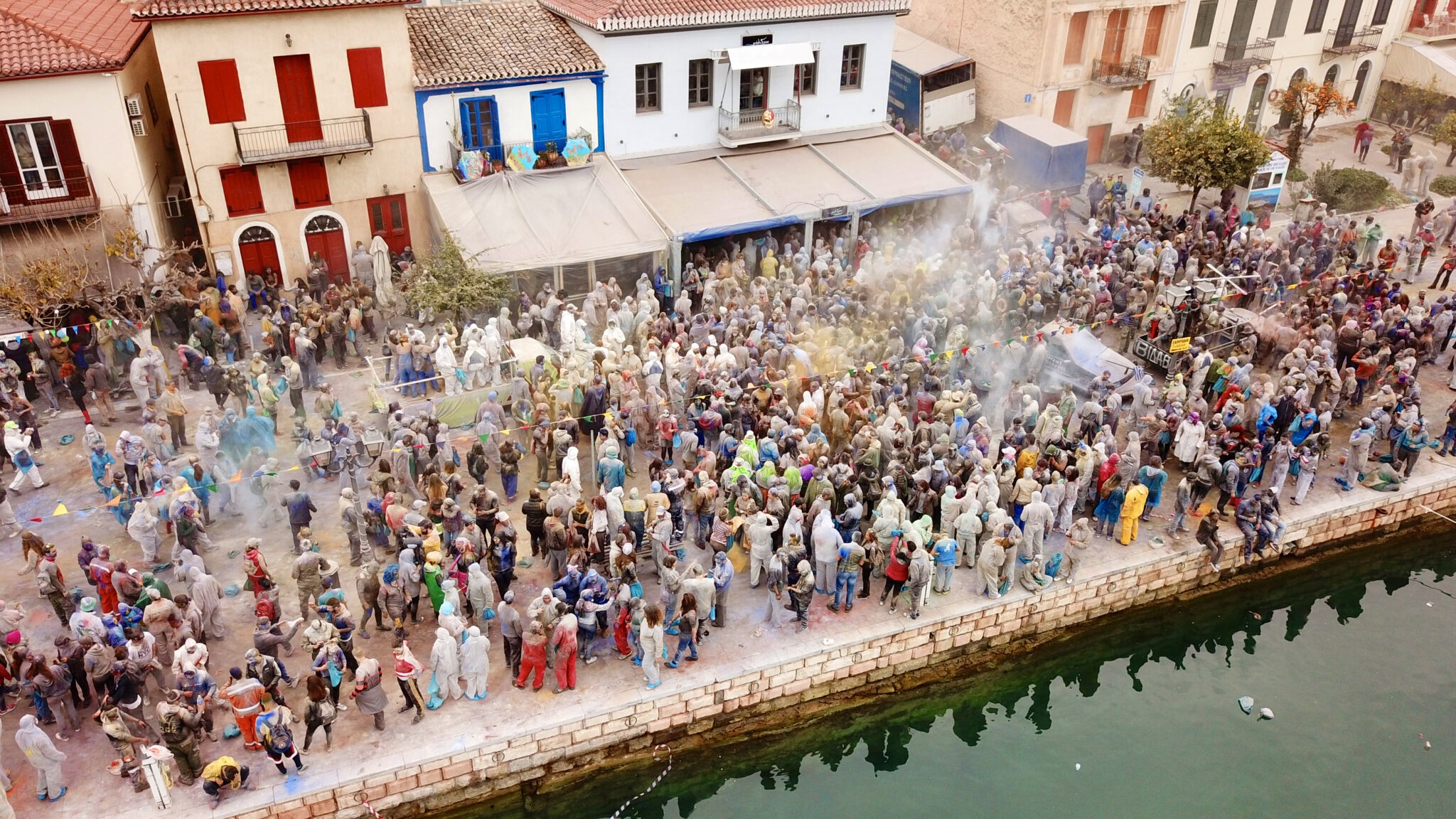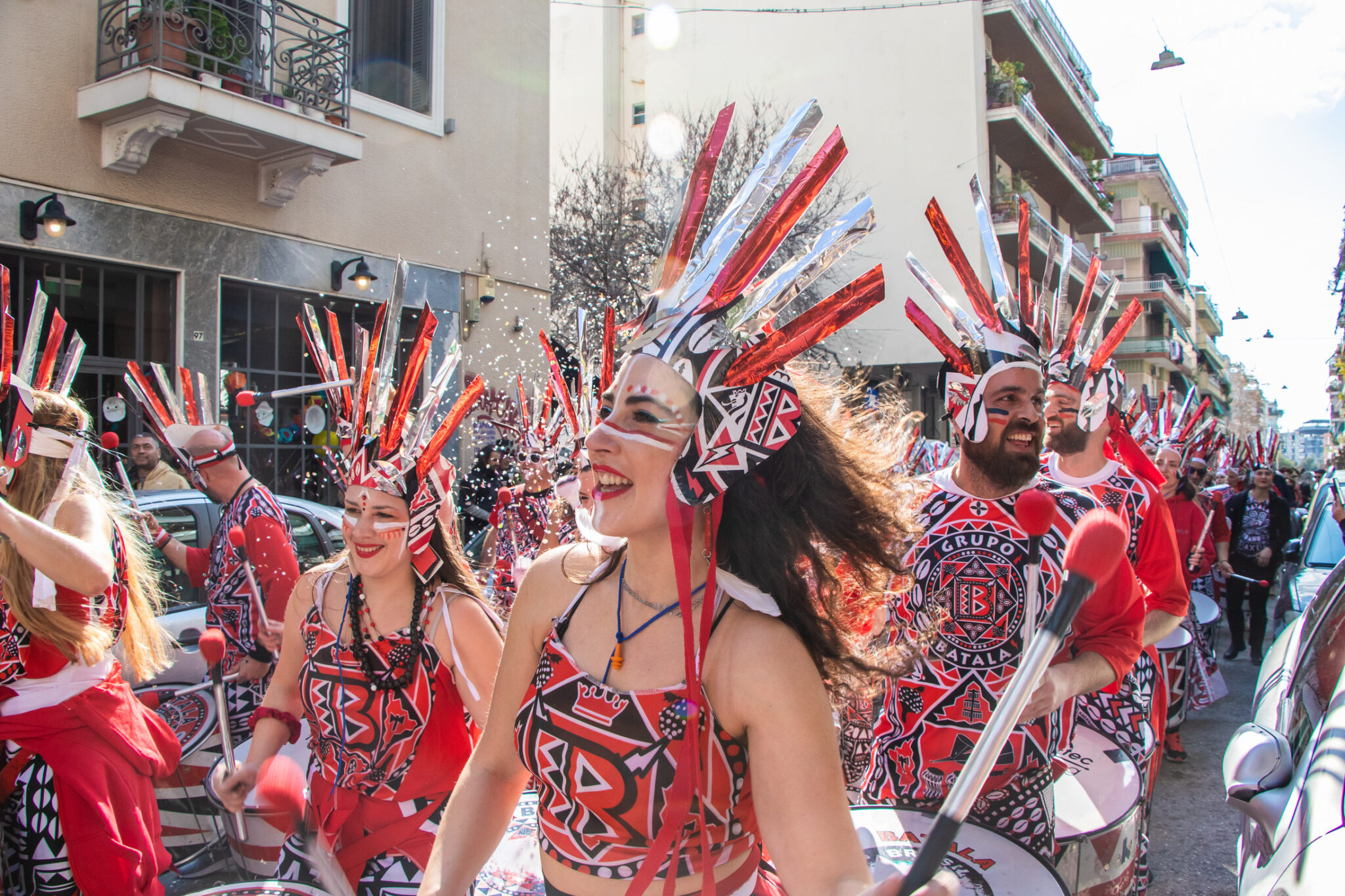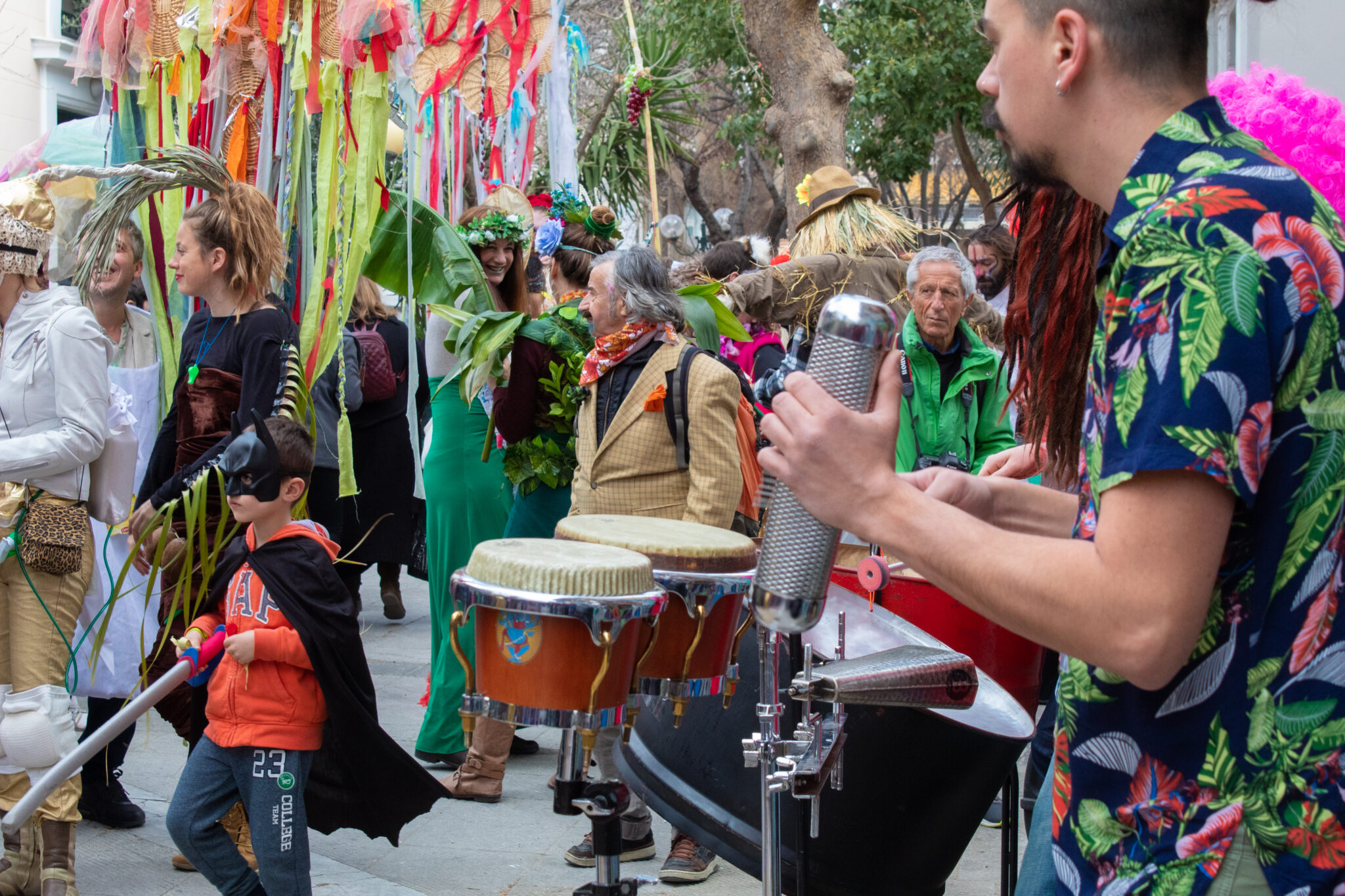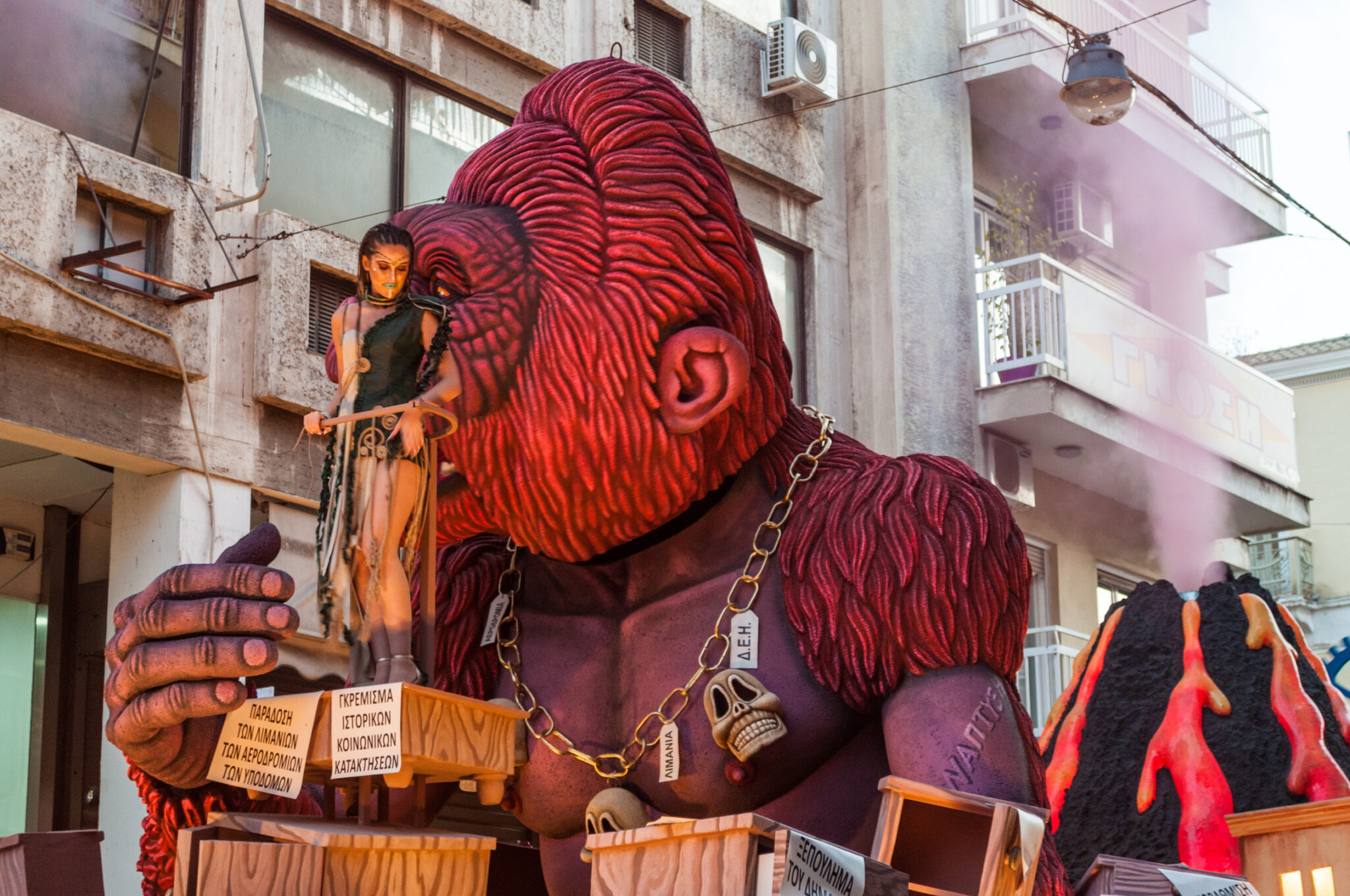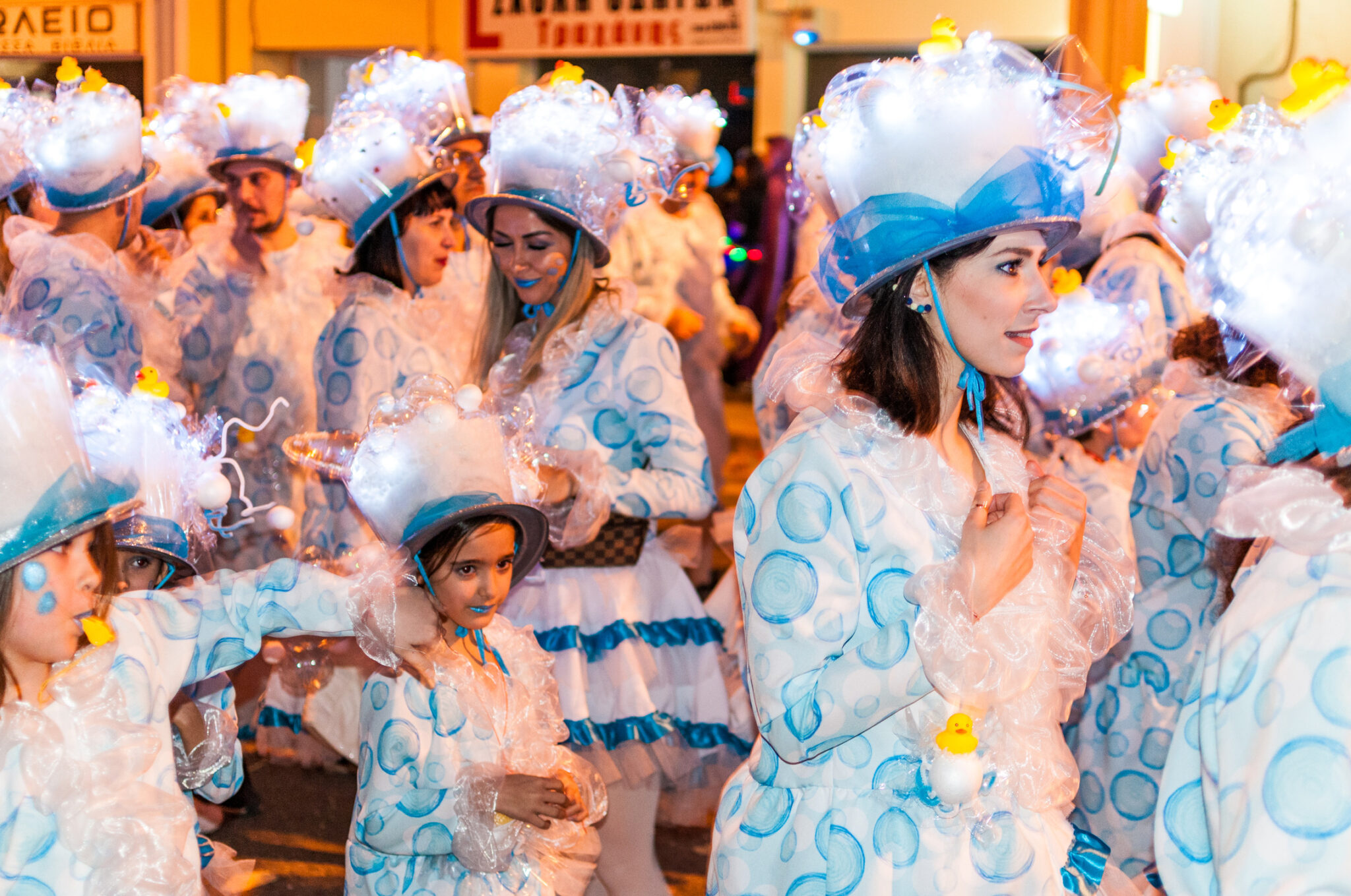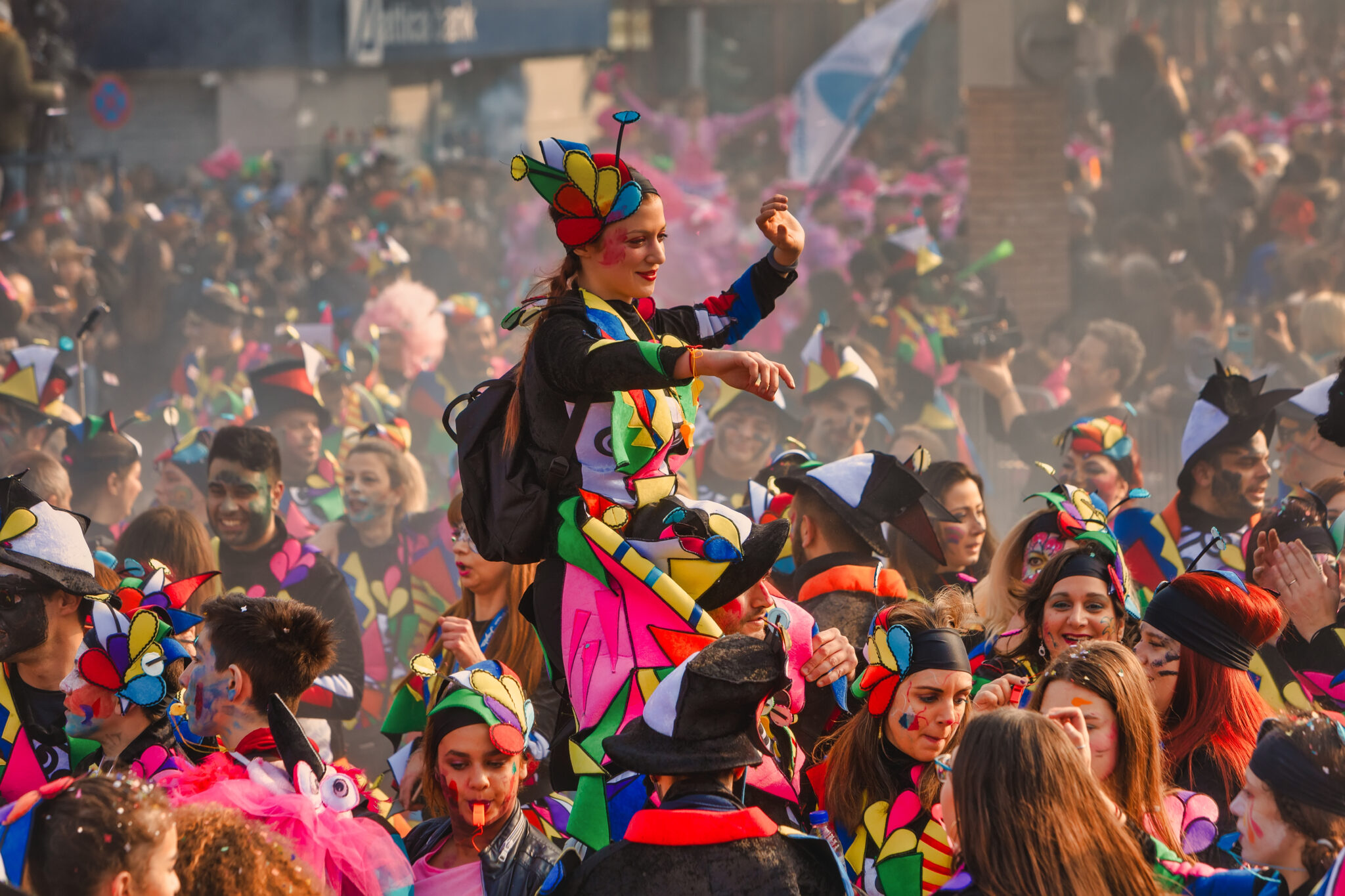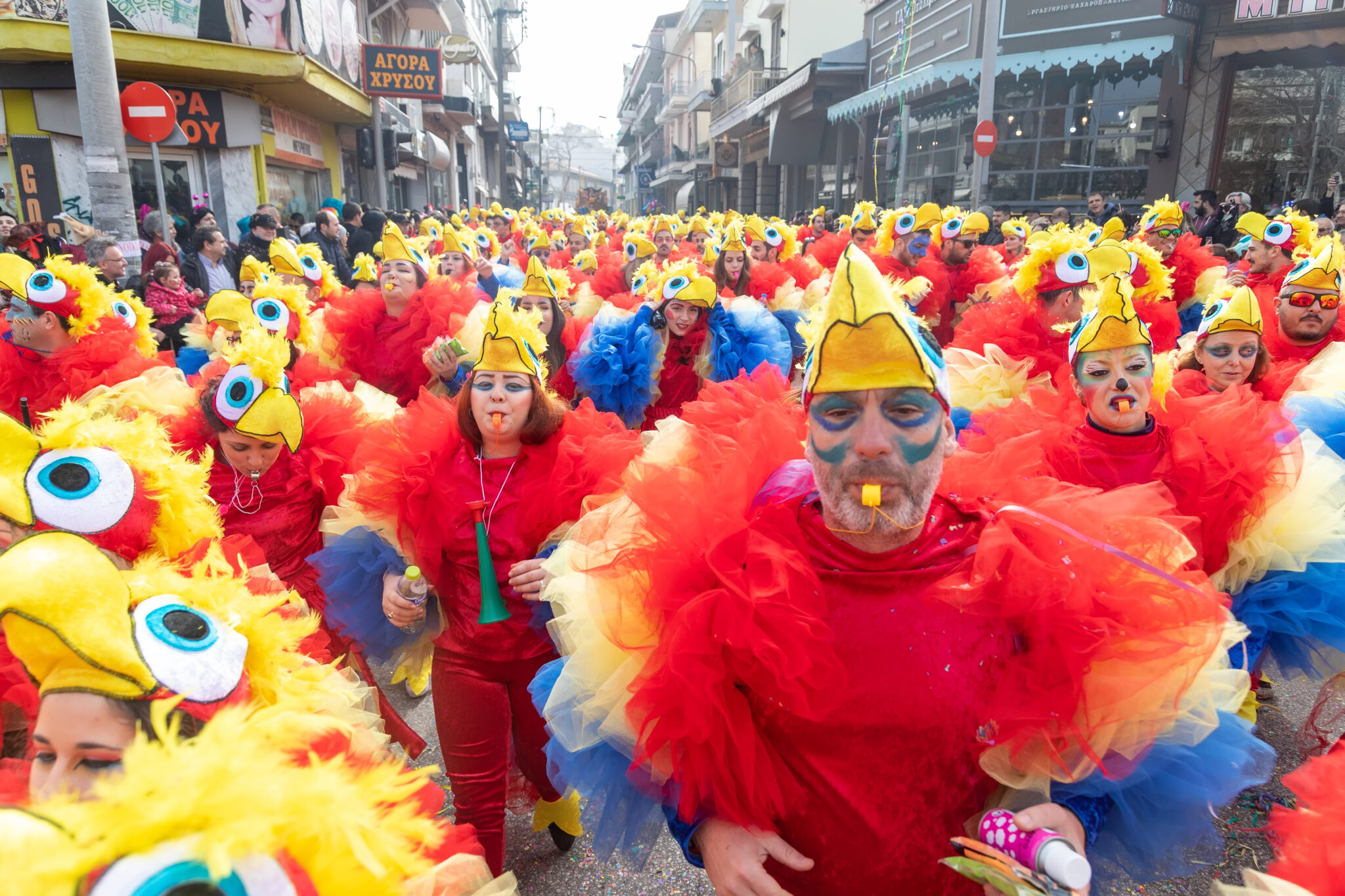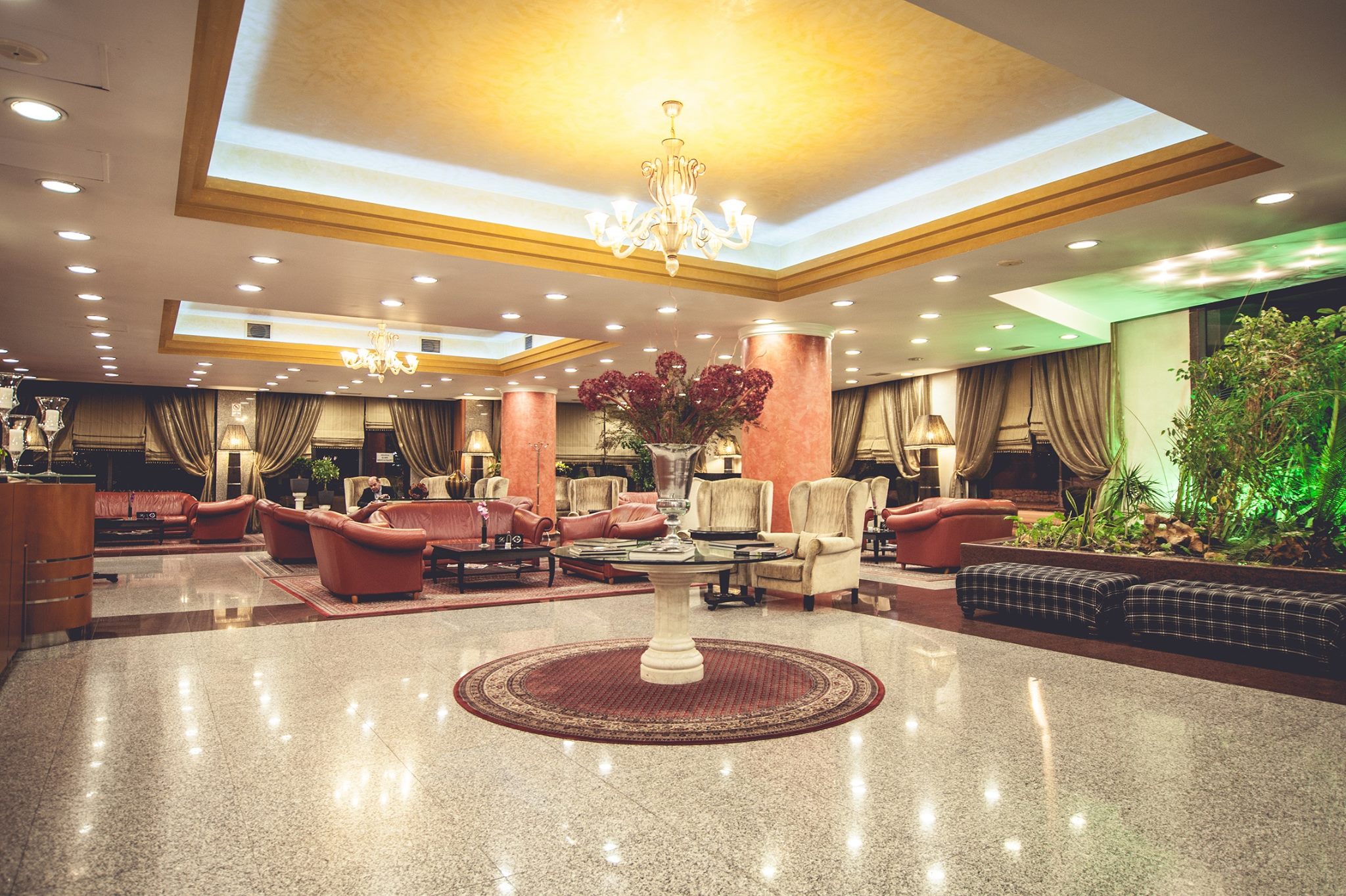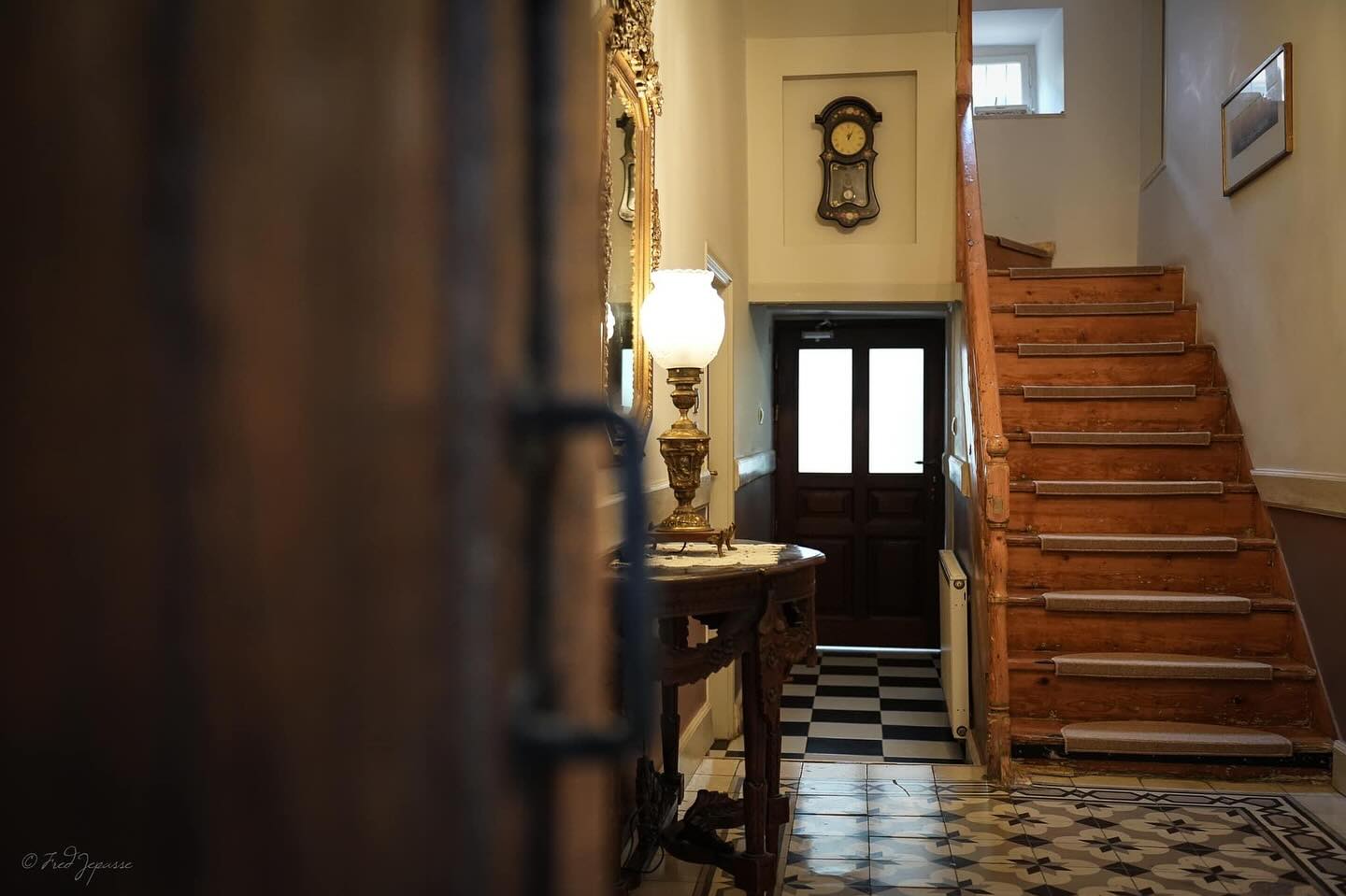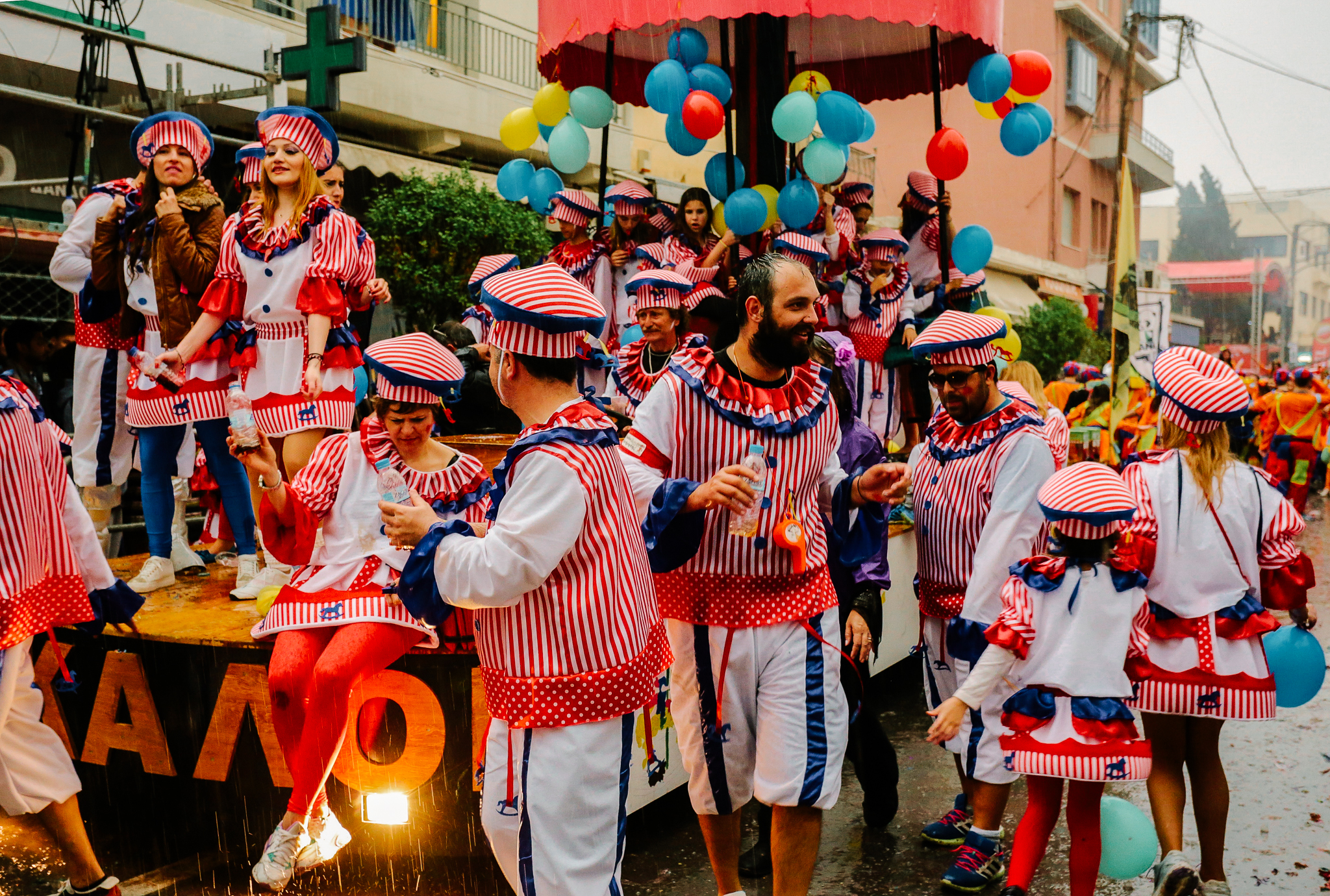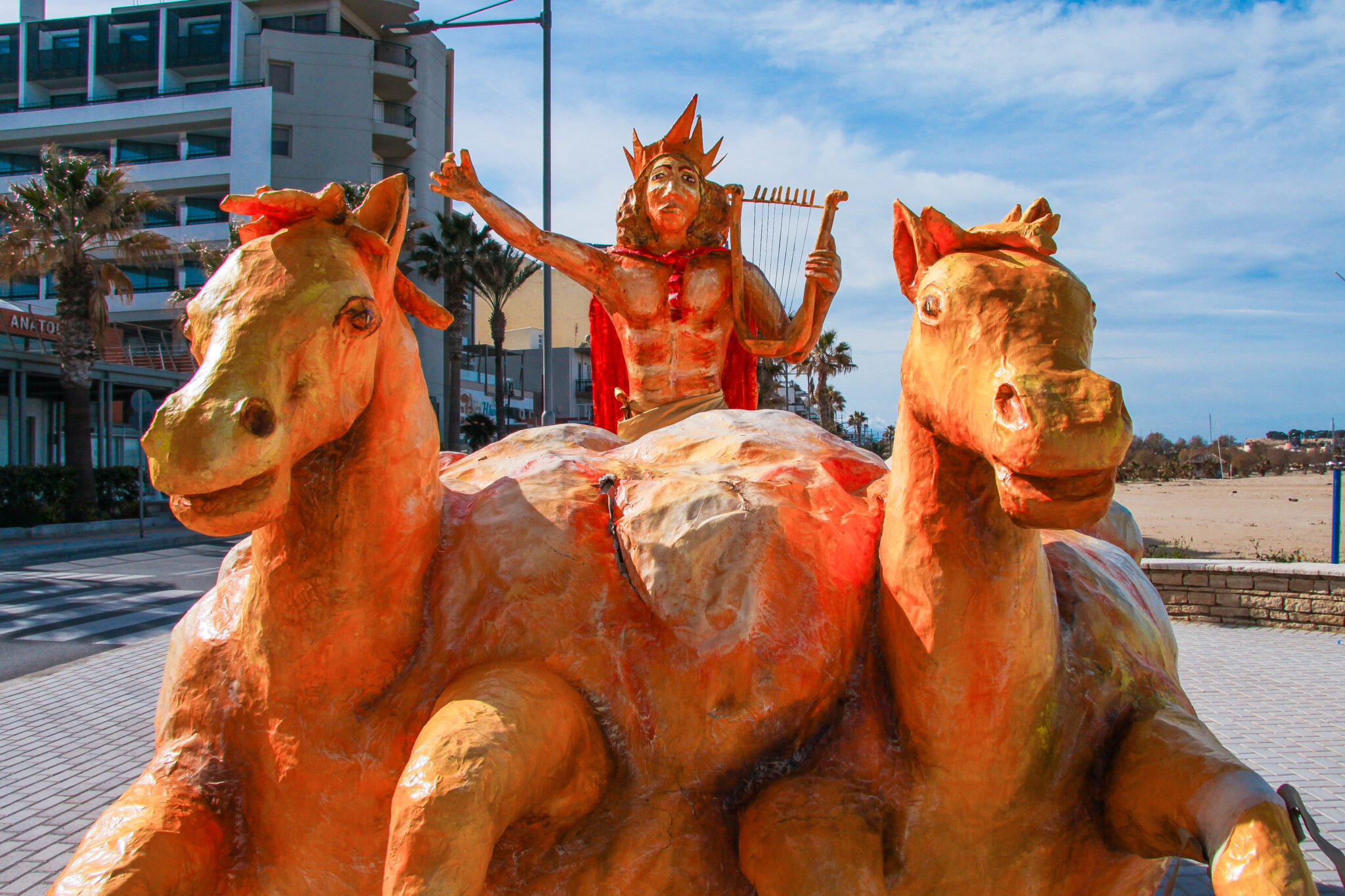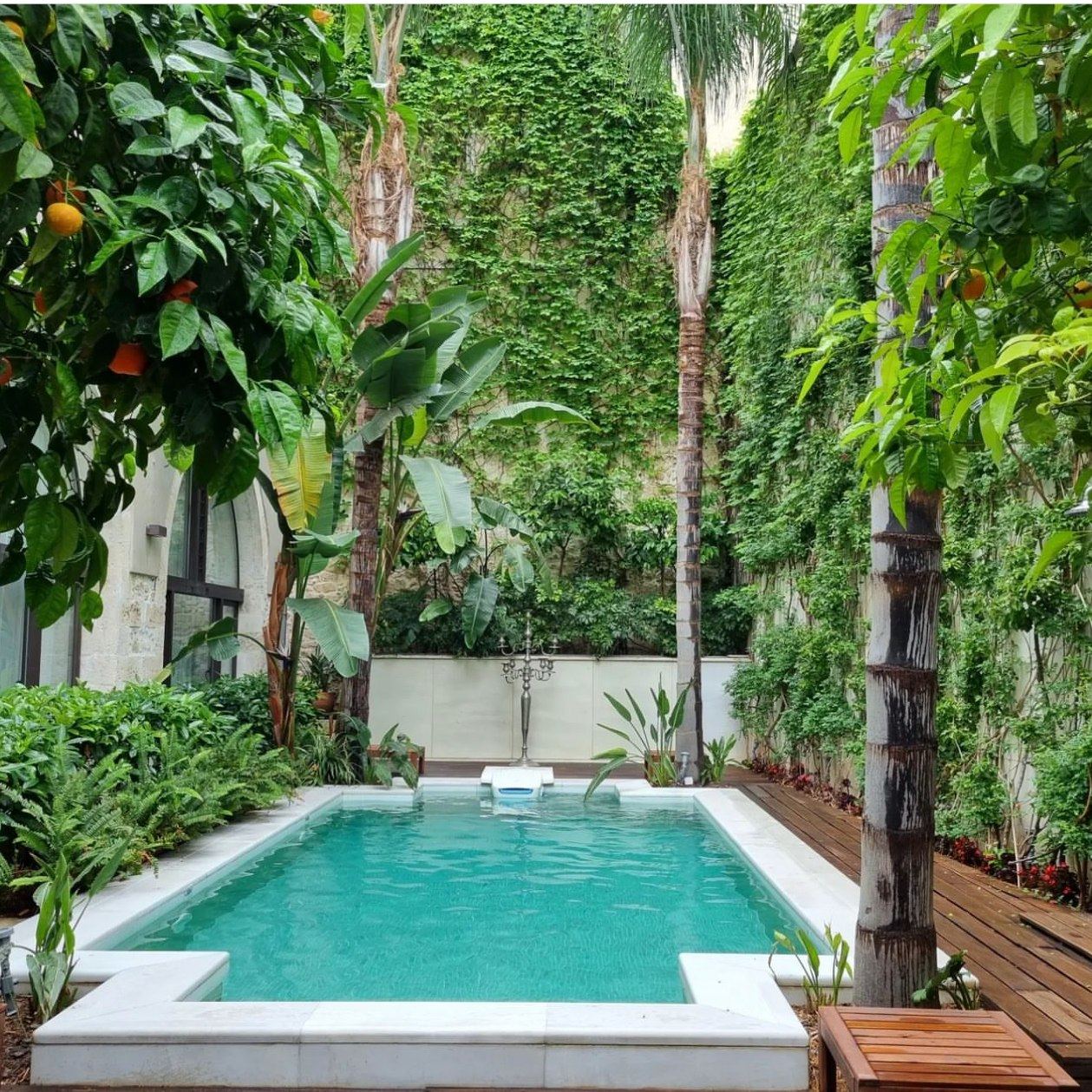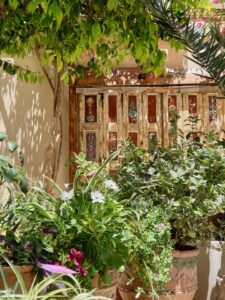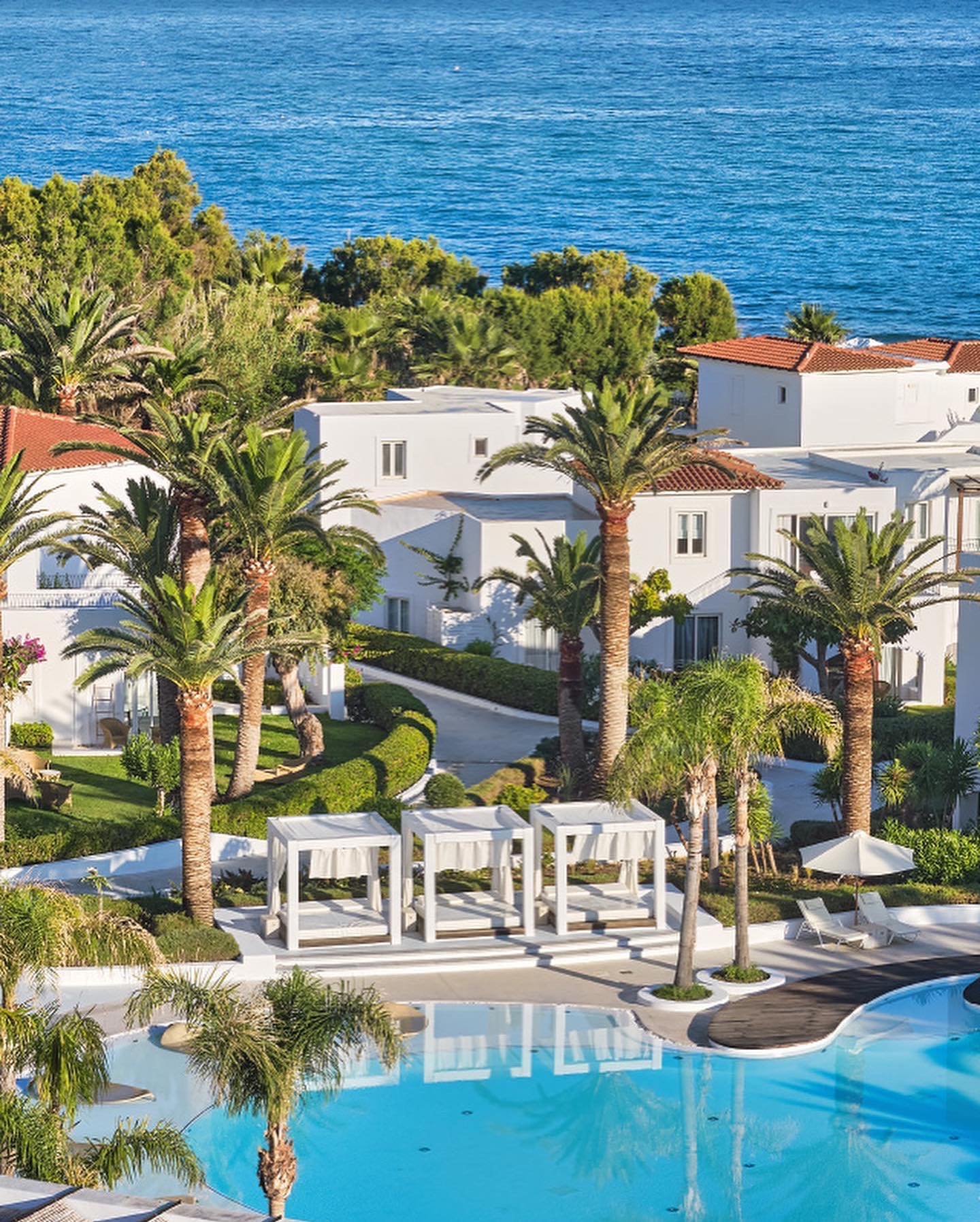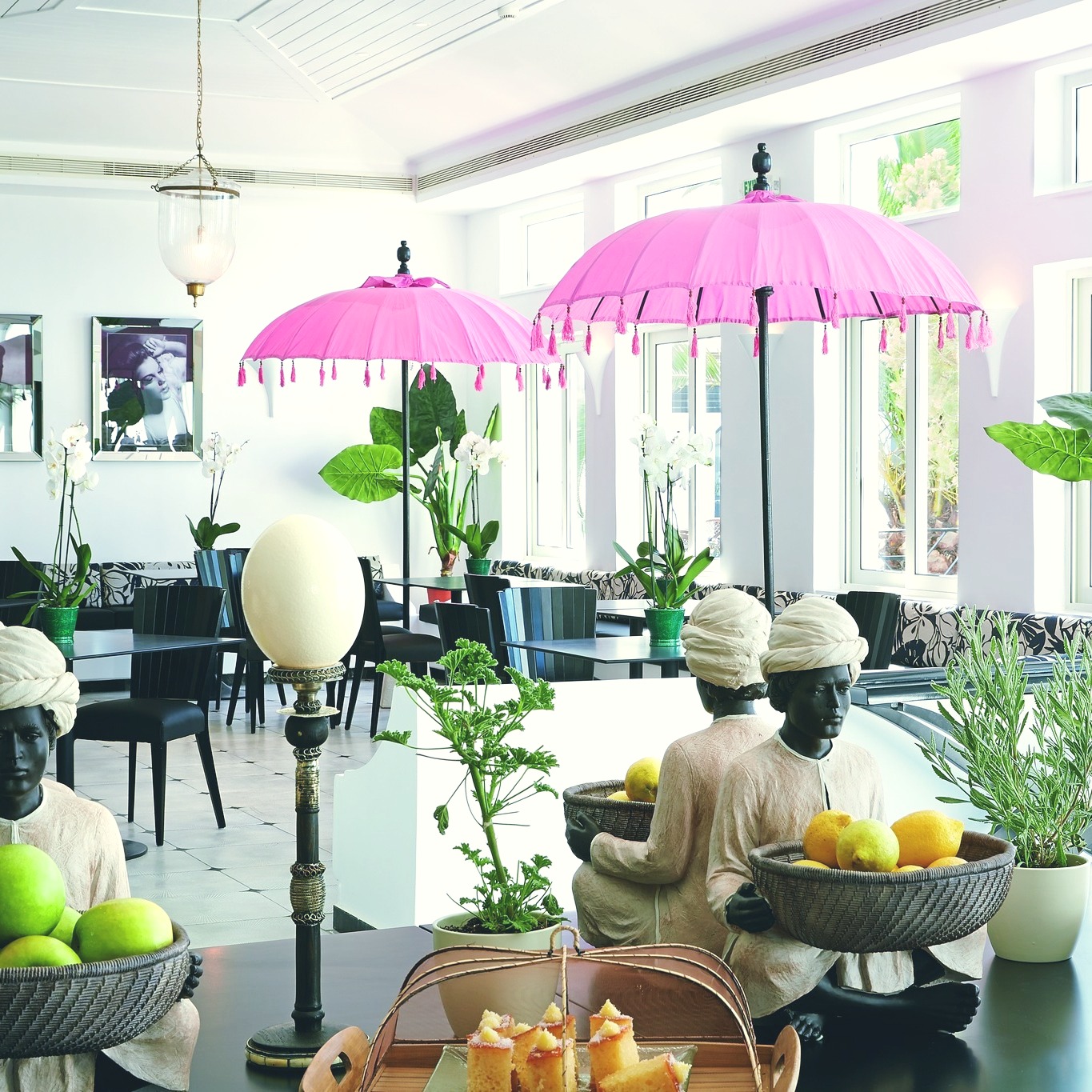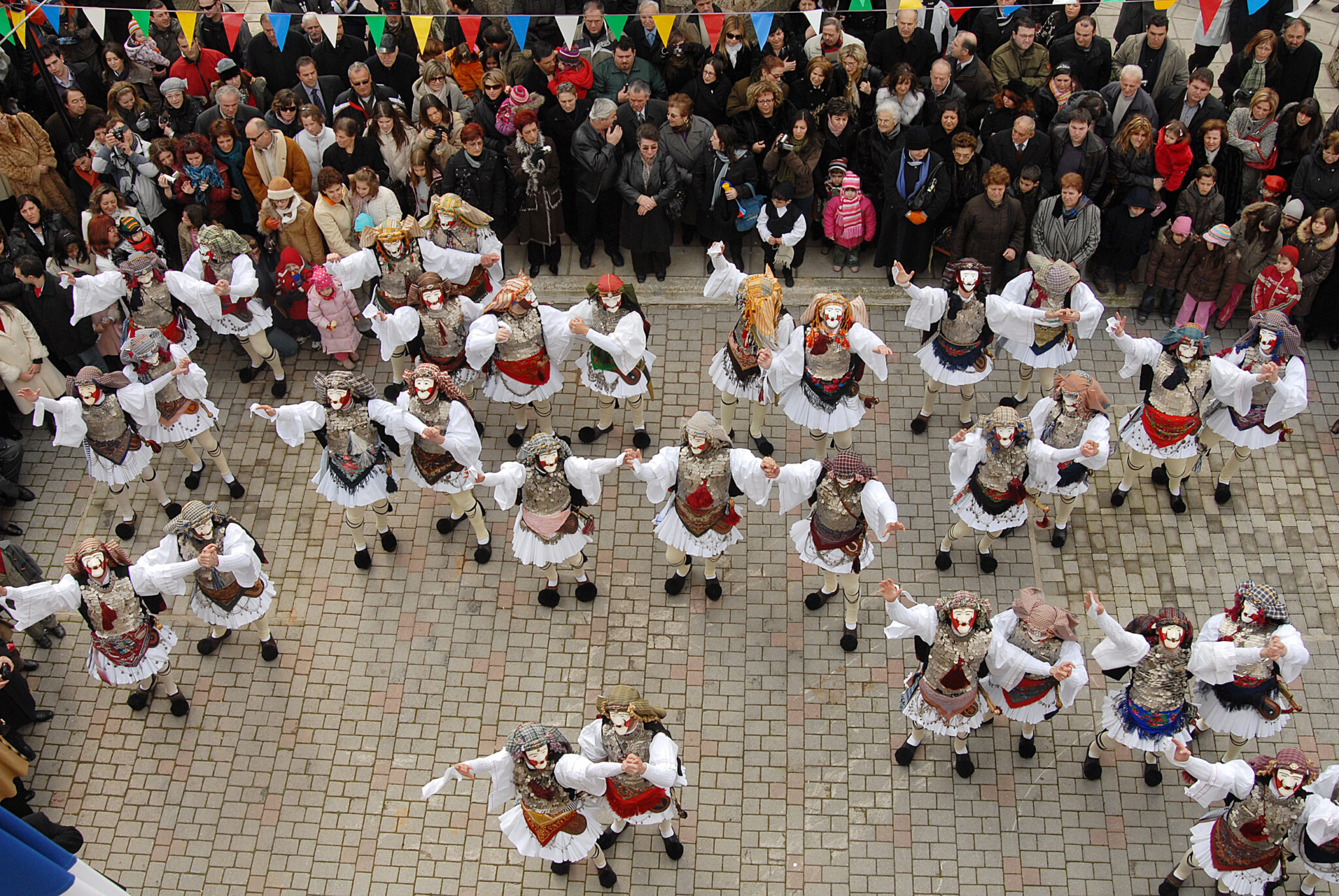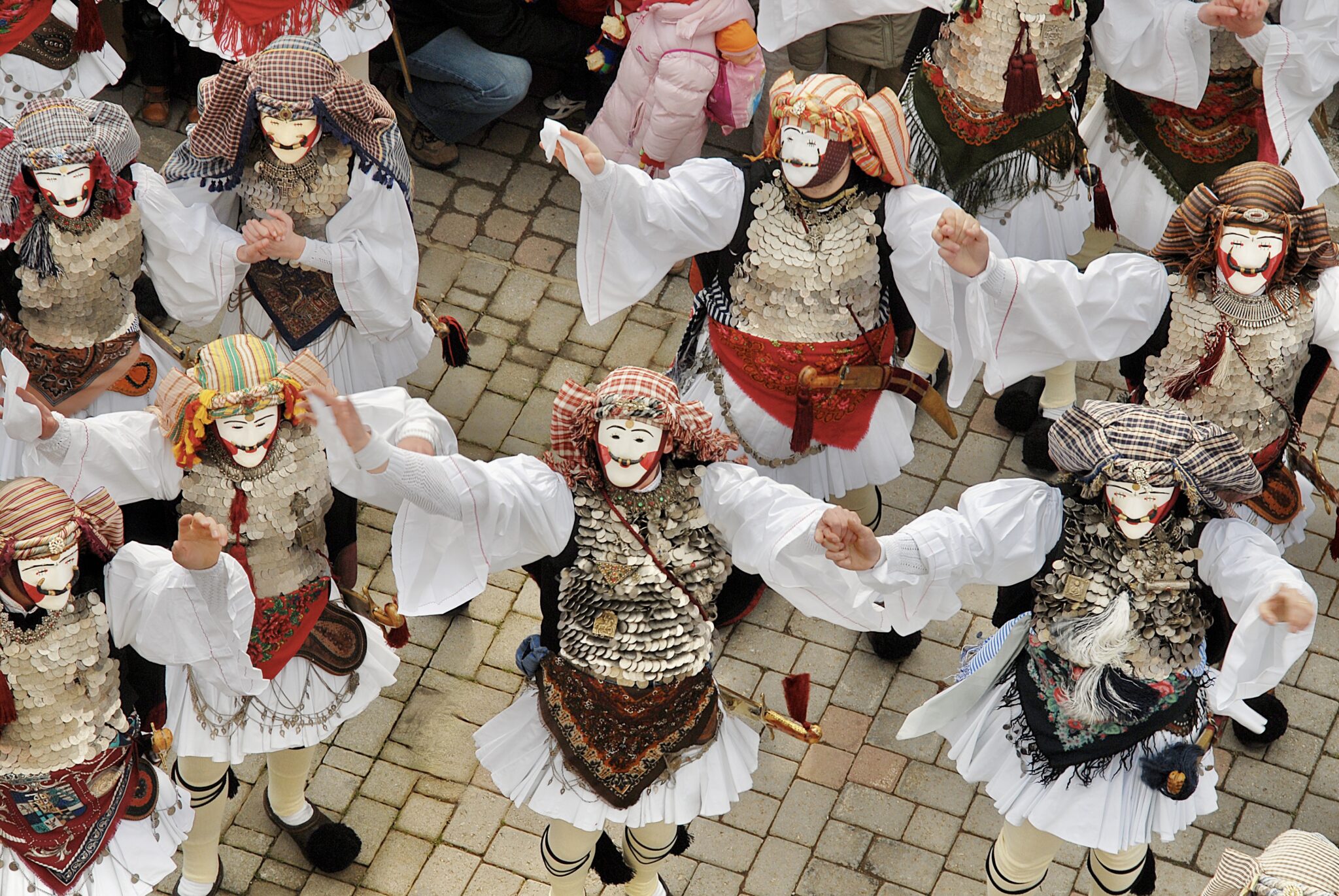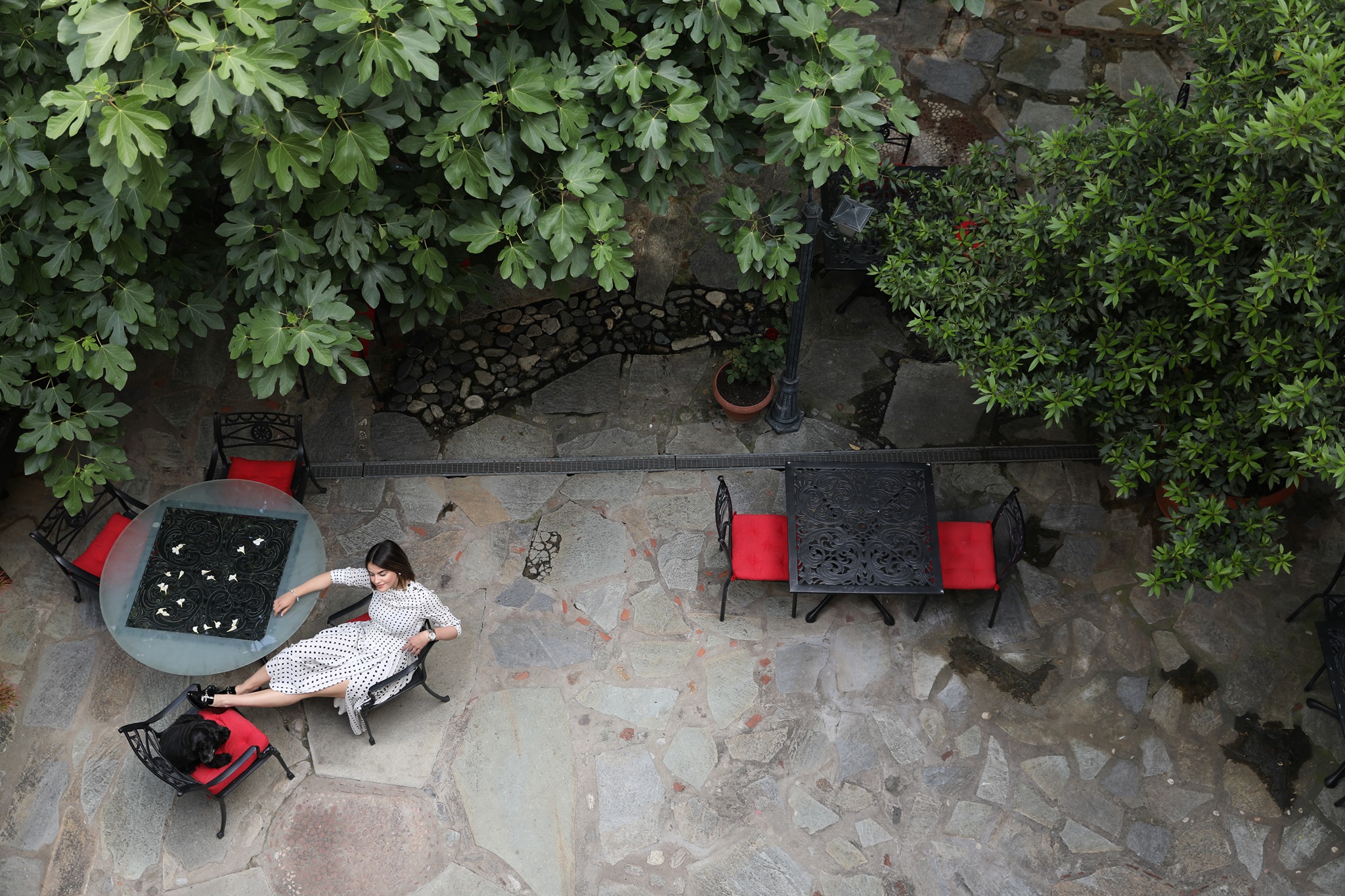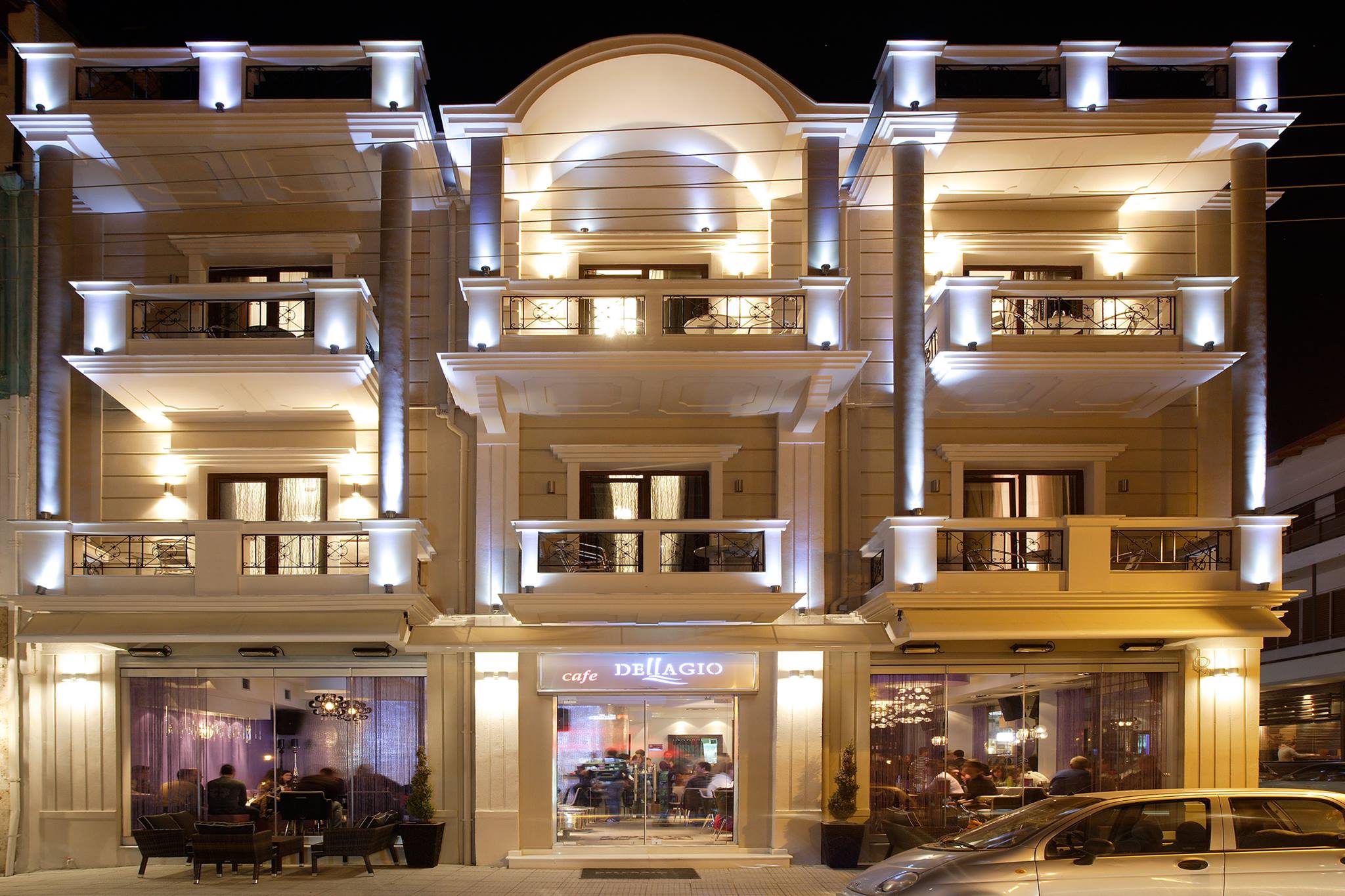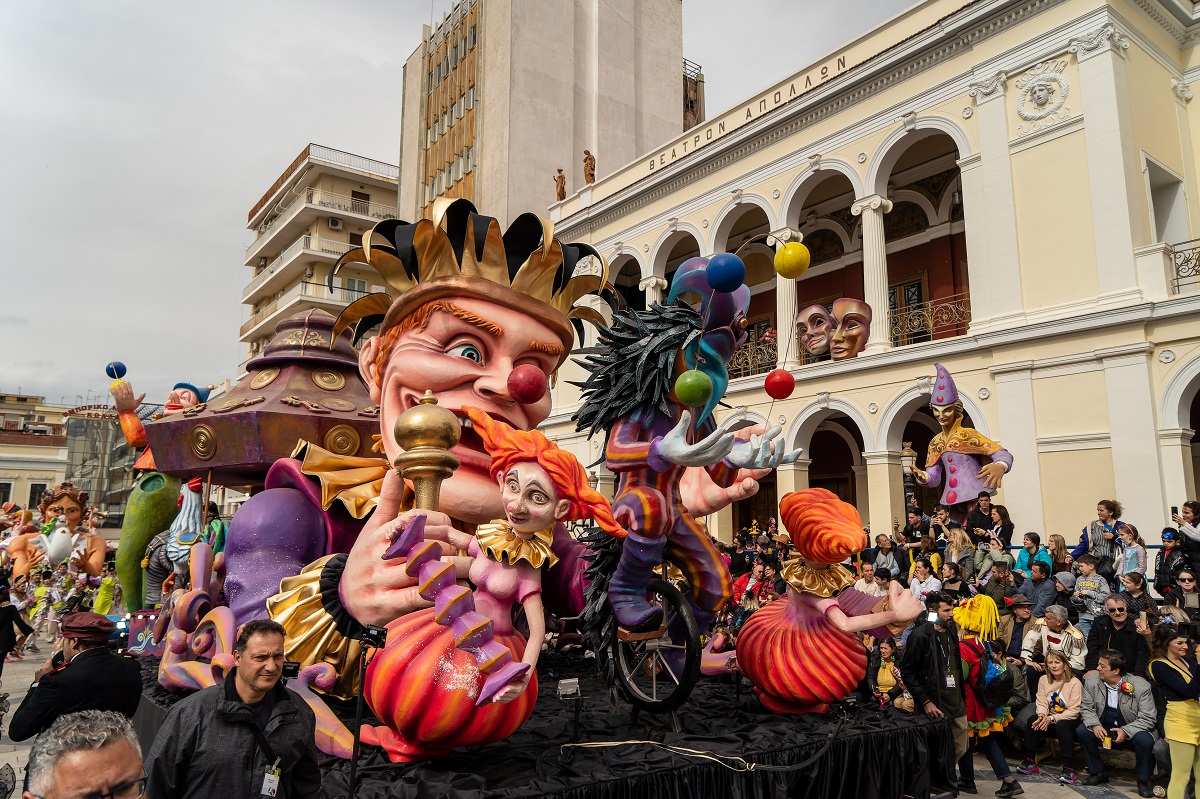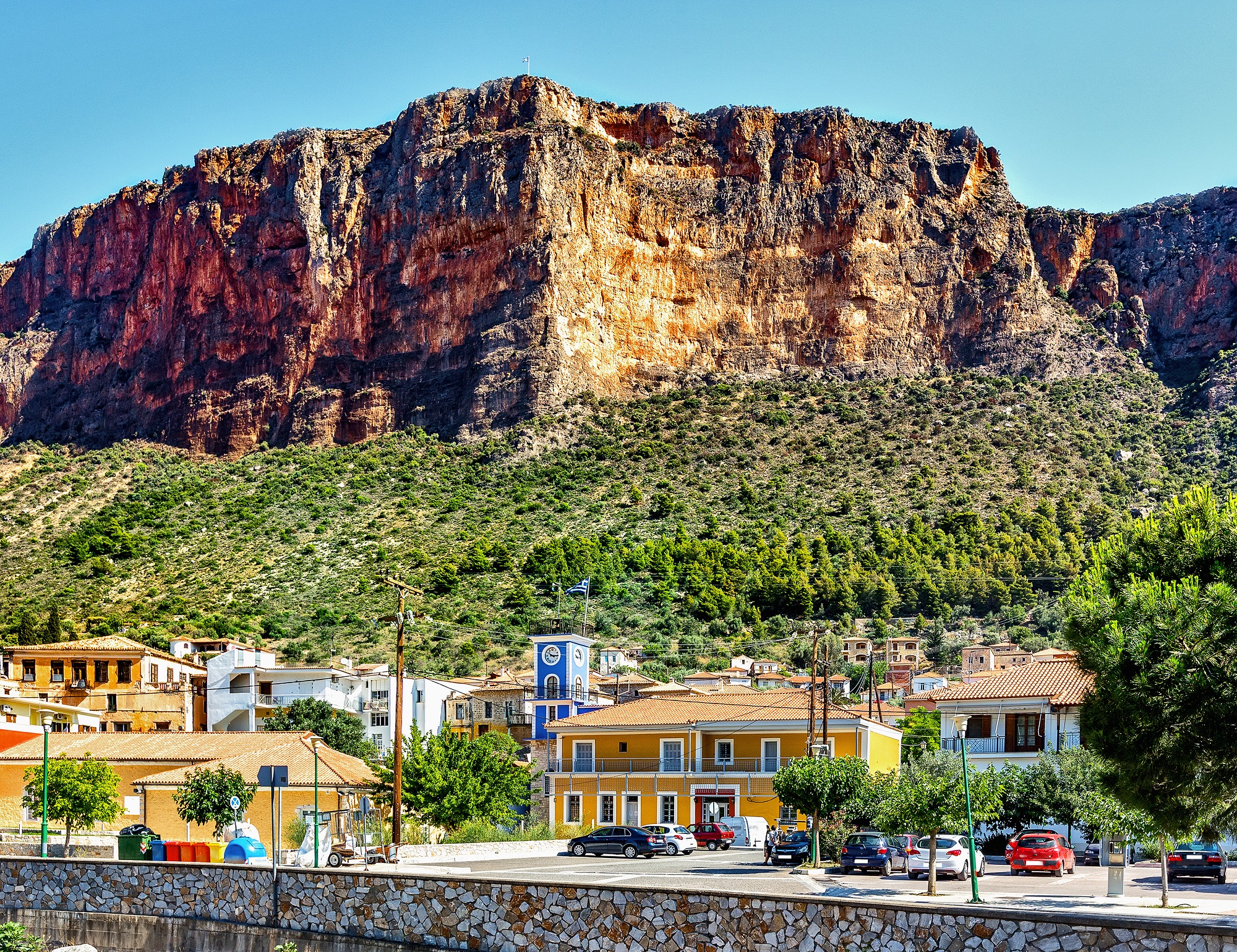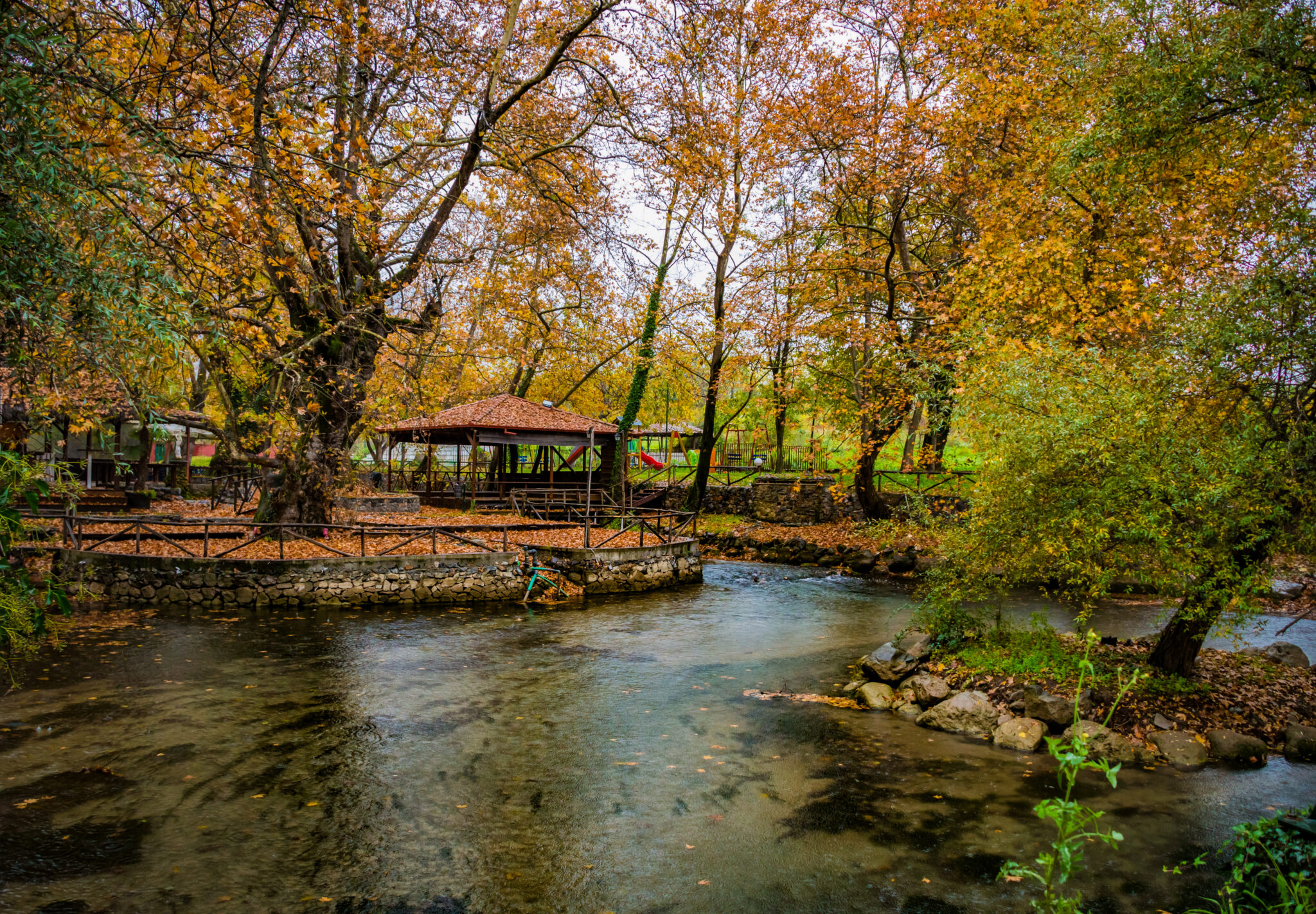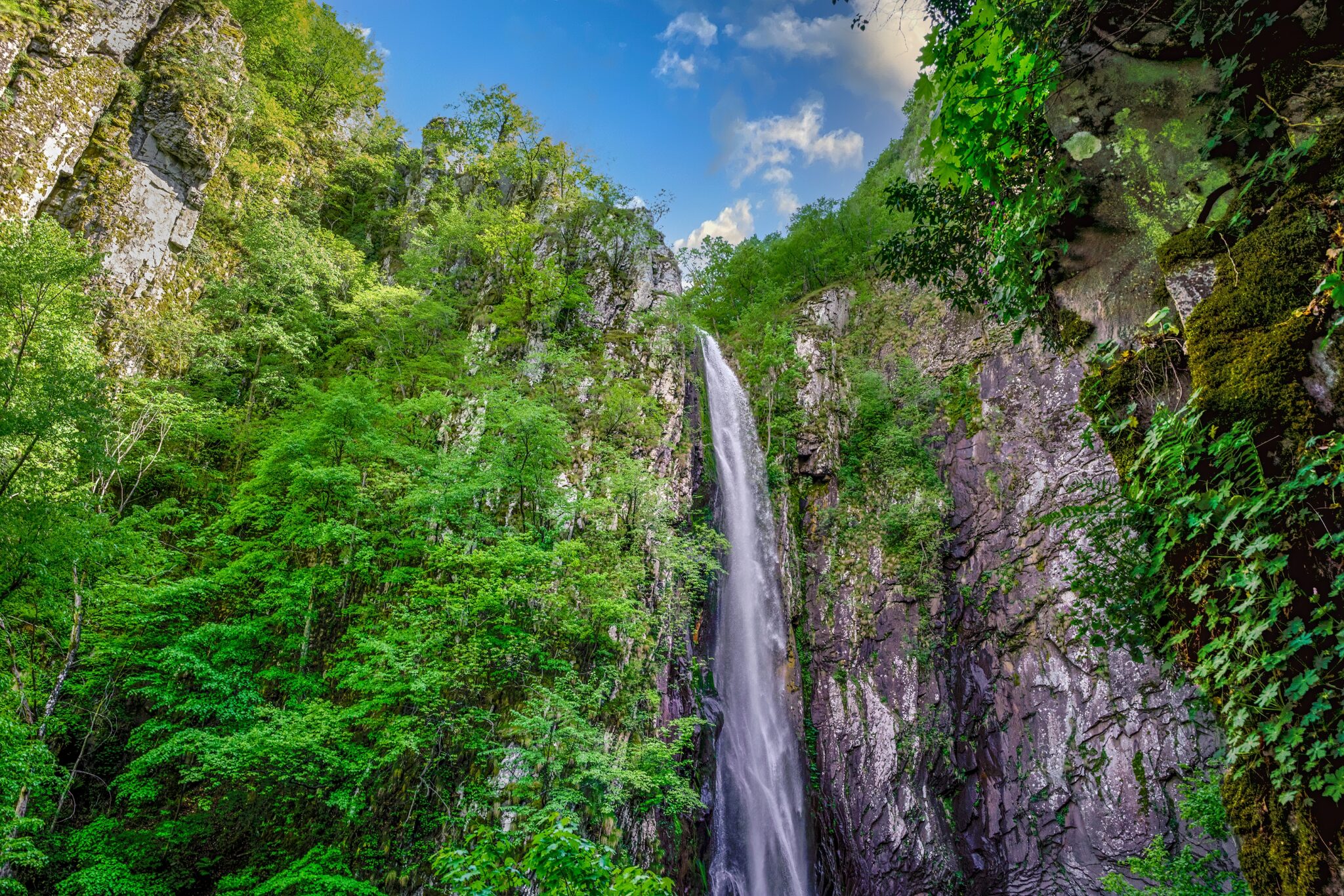Discover Greece as never before by deep diving into its most exhilarating national festivity, the Carnival. This year, mark your calendar for February 15 as the key date of “Apokries,” unfolds, beckoning adventurous souls to experience a side of Greece widely unseen by the casual visitor. Carnival invites those looking to explore the authentic essence of Greek culture and age-old customs, beyond the classic summertime tourist paths.
The Greek Carnival, or Apokries, is a festive period deeply rooted in both religious tradition and social celebration, culminating on the Sunday before Clean Monday, marking the start of Lent. The term “Apokries” derives from the Greek words meaning “away from meat,” signaling the transition to fasting. Similarly, the term “carnival” traces its origins to the Latin carnis (meat) and vale (farewell). This period bridges ancient pagan customs with Christian practices, creating a unique cultural blend.
Tsiknopempti, or “Smoky Thursday,” occurs eleven days before Clean Monday during the second week of the Carnival period, known as “Meat Week.” On this day, Greeks gather to enjoy grilled meat feasts, filling the air with smoke (“tsikna”) from barbecues. This tradition, tied to Orthodox custom, offers a final indulgence before the restrictions of fasting intensify. The week that follows, “Cheese Week,” focuses on dairy-based dishes, leading up to Kathara Deftera, when the 40-day Lenten fast officially begins. Through its layered customs, the Carnival seamlessly weaves together celebration, reflection, and preparation for the season of renewal.
While they may not mirror the extravagant size and bombastic popularity of Rio’s world-famous Carnival, the Greek versions we present here each offers their own brand of rich ambience, unique traditions and thrilling revelry, with reenactments of pagan traditions, spirited dances and satirical jests that capture the essence of special communal gatherings, stories kept alive through the ages and free-flowing fun.
But first, find out what’s going on in the Greek capital during this colorful and vivacious period.
Athens Carnival 2025
Celebratory Events Around the City!
Athens is gearing up for Carnival 2025 with 17 days of celebrations that promise to fill the city with vibrant colors, music, and traditions. From February 15 to March 3, free events will pop up in 50 locations, transforming Athens into a playground of joy for all ages. With parades, parties, and cultural activities, the city invites everyone to dive into the Carnival spirit.
A ‘Sizzling’ Start
On Tsiknopempti, February 20, the festivities will kick off with morning music at Varvakeios Market, where the Philharmonic Orchestra will set the tone, followed by a lively folk concert.
A cultural parade featuring traditional costumes will make its way through Syntagma and Monastiraki, keeping the carnival energy alive into the evening with music and dance at Monastiraki Square.
Family Fun at Zappeion
On February 23, Zappeion will become the ultimate kids’ carnival destination. With circus artists, bubble shows, face painting, and games, the event will delight children and families alike, all accompanied by the joyful melodies of Athens’ Philharmonic Orchestra.
A Parade to Remember
March 2 will see the carnival celebrations reach their peak with the Grand Carnival Parade. Syntagma and Kotzia Squares will come alive with a dazzling procession, live music, and a nostalgic concert featuring decades of Greek pop and rock hits, closing the day with unforgettable energy.
Kites and Farewells at Filopappou
On Clean Monday, March 3, the festivities will conclude at Filopappou Hill. As colorful kites fill the sky, locals and visitors will gather for traditional folk music and dancing, bidding a joyful farewell to Carnival and welcoming the start of Lent.
Carnival Cities
Patra, Peloponnese
Patra’s carnival stands as Greece’s most celebrated carnival event, situated just 3.5 hours from Athens in the (very) picturesque region of northern Peloponnese. Each year, it draws a crowd of about 250,000 visitors, a testament to its popularity and scale among Greeks.
The dedication of Patra’s residents and students is evident, as they devote an entire year (!) to planning for this grand event. The result is a vibrant display featuring 60,000 participants who are organized into 150 teams, each bringing their own float.
For visitors who have already delved into the local culture and seek a deeper understanding of Patra carnival’s traditions and nuances, this detailed guide is an excellent resource. Originally intended for a Greek readership, this guide has been made available in English and offers in-depth insights.
For those experiencing the Patra carnival for the first time, navigating the festivities can be a bit daunting. To avoid the challenges an organized day trip is a good starting point.
Where to Stay
Maison Grecque Hotel Extraordinaire (25 Martiou 116 & Gounaris Ave) enchants with its boutique design, antique furnishings, and sophisticated ambiance. For beachfront luxury, Moxy Patra Marina (Iroon Polytechniou Avenue & Kyprou) offers chic rooms, a pool with sea views, and a vibrant lounge. My Way Hotel & Events (Othonos Amalias 15) impresses with its contemporary design, rooftop dining, and panoramic vistas of the Gulf of Patras.
Xanthi, Thrace
Xanthi, just two hours from Thessaloniki, organizes a carnival that’s known for its colorful aesthetics and community spirit. As the country’s second-largest carnival, it draws around 80,000 visitors each year with its multicultural vibe and the promise.
The festivities in Xanthi start with a spectacular firework show in the main square. The carnival’s highlight is the Grand Carnival Parade on the final Sunday, showcasing elaborate floats and thousands of participants in a vibrant explosion of colors, sounds, and joy.
Given its distance from Athens, a visit to Xanthi’s carnival ideally complements a larger tour of the region. It should include the city of Kavala, offering a deeper immersion into the area’s cultural richness.
Where to Stay
Hotel Z Palace & Congress Center (Geor. Kondyli 0) provides modern accommodations with an outdoor pool, event facilities, two restaurants, and a fitness center. The 1905 Boutique Hotel (Hasirtzoglou 3-5) is a neoclassical gem in the Old Town, offering elegant rooms with vintage charm, modern amenities, and a serene courtyard. Hotel Paris (Demokritou 12) has a warm, family-run atmosphere and simple modern comforts.
Galaxidi, Central Greece


Experience the exhilarating chaos of the ‘Flour War’ in Galaxidi, a seaside town in central Greece. In this near-anarchic Dionysian celebration (or Mad Max for the fans), participants dressed like desert stormers arm themselves with sacks of flour and colorful paints, transforming the town into a mesmerizing battlefield of hues.
Everyone can participate in the fun. Available for sale are protective gear, full body suits and masks. The flour is distributed before the start of the event. A custom-made masquerade outfit adds a unique touch.
The festivities begin at midday on the town’s bridge and wind through the streets to the harbor, heralded by a lively parade of floats and a series of events leading up to the main day. The tradition, which dates back to the Byzantine era, reaches its climax in the heart of Galaxidi. The epic Flour War symbolizes a period of celebration before the sailors set off on their long journeys.
Beyond the Flour War, Galaxidi and its neighboring surroundings are top destinations to explore, with a wealth of cultural and historical sites, including the ancient olive grove of Amfissa, the mythical site of Delphi and the picturesque town of Arachova.
Where to Stay
Ganimede Hotel (Nikolaou Gourgouri 20) near the harbor charms with its historic ambiance, homemade breakfast, and tranquil courtyard. Epavlis Boutique Hotel (Iroon Square, in the town center) provides elegant rooms with sea views and a cozy lounge. Porto Lourbas Hotel (Itea-Galaxidi coastal road is ideal for its waterfront location, modern amenities, and friendly atmosphere.
Rethymno, Crete
Attracting nearly 15,000 participants and transforming the city into a center of festivity and joy, Rethimno’s (or Rethymno) carnival is a major annual event in Crete, Greece’s largest island. Its streets are packed with visitors from all over.
The contagiously vivacious atmosphere is electric, offering an experience that remains memorable year after year. The medieval and Venetian charm of the city provides a special backdrop to the festivities, while local groups add to the multicolored spectacle with dances, treasure hunts and traditional Cretan serenades (known as ‘mandinades’). This all makes the Carnival an ideal time to explore Rethimno’s rich culture and history.
Where to Stay
Rimondi Boutique Hotel (Xanthoudidou 22 & Radamanthios) in the Old Town has an elegant blend of Venetian heritage and modern luxury, complete with a serene courtyard pool. Avli Lounge Apartments (Xanthoudidou 22, Old Town) boasts individually designed suites and a celebrated fine-dining restaurant. Grecotel Caramel Boutique Resort (Adelianos Campos, Coastal Road) delivers a glamorous beachside escape with luxurious suites and exceptional dining options.
Naousa, Central Macedonia
Discover the vibrant carnival of Naousa (one hour from Thessaloniki), through a festivity that brings history, tradition and fun to life. The carnival unfolds over the two Sundays of the season and engages the city’s youth in a display of rebellion and camaraderie.
At the heart of this event is the captivating custom of “Genitsari and Boules”. It’s in honor of Dionysus, the Greek god of wine and revelry. Men wear the “genitsari” costume, with masks and mustaches that point upright, while the “boula” costume, once worn only by men but today worn by both sexes, completes the pair with its white and red tones, which symbolize death and rebirth.
Carnival in Naousa is a living history that celebrates freedom, identity, and a resilient community spirit. Whether it’s the theatricality, the music or the dancing that draws you in, Naousa’s carnival is an unforgettable experience that reveals the heart and soul of its people. It’s also an opportunity to get a first taste of Thessaloniki, one of Greece’s most exciting cities.
Where to Stay
Palea Poli Boutique Hotel (Vassileos Konstantinou 32) is a restored mansion with elegant suites and nostalgic charm. For a tranquil escape, Lydia Lithos Mountain Resort (Metamorfosi) provides a luxurious mountain retreat with stunning views and warm hospitality. Dellagio Hotel (M. Alexandrou & V.Filippou) combines modern comfort and stylish design in the heart of Naousa.



